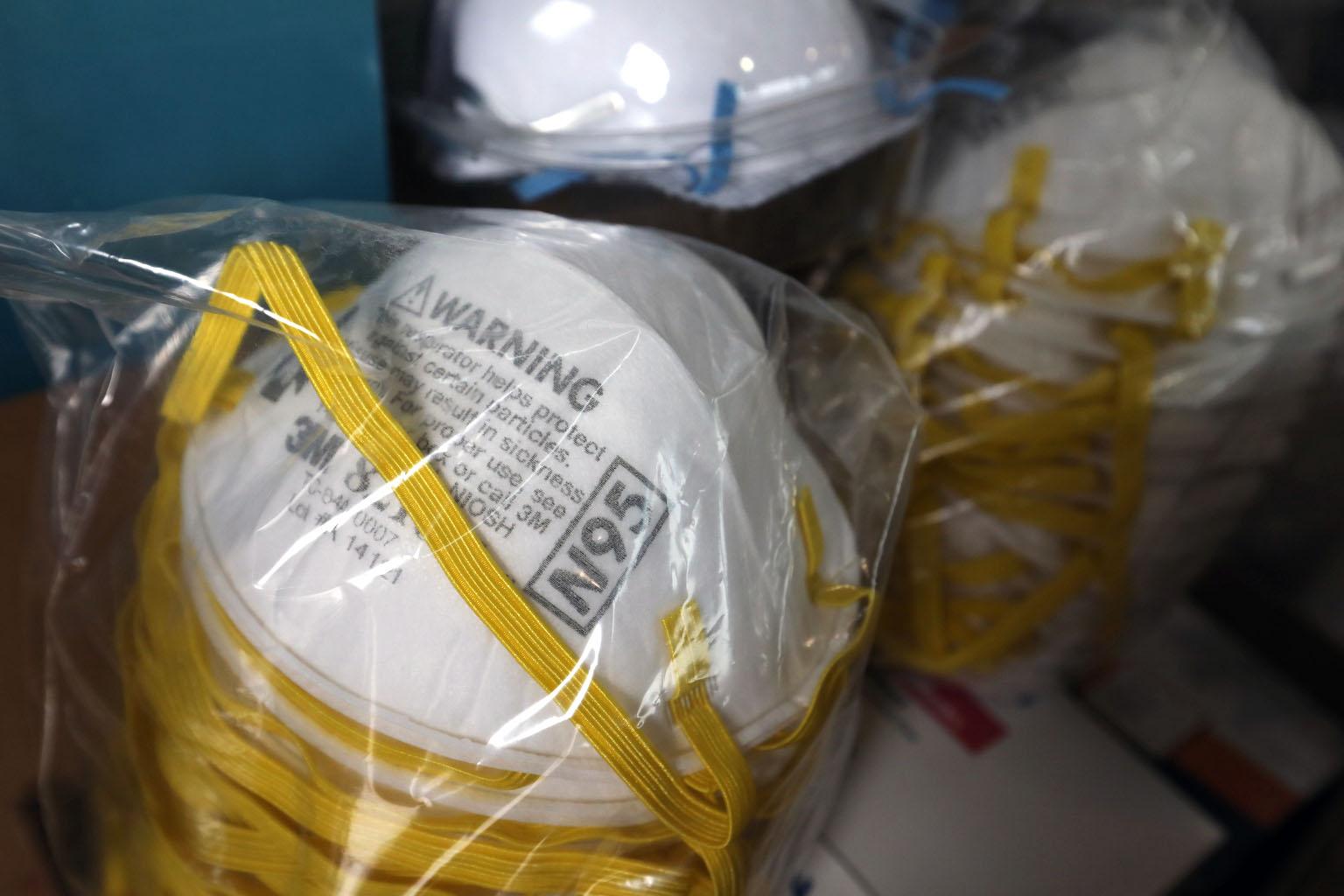
The COVID-19 pandemic caused a severe shortage of the nation’s supply of personal protective equipment, or PPE.
In the early days of the coronavirus outbreak in Colorado, doctors and nurses reported having to reuse PPE as they cared for patients, which wasn’t safe.
"The PPE situation currently is the same as it was before," emergency room Dr. Ramnik Dhaliwal said. "We are reusing N95 masks. So while the stores are increasing, it hasn't really changed much on the ground."
Dhaliwal and his wife, who is also a doctor, are concerned about infecting their children and his parents who help with child care.
Counties are waiting on more than four million N95 masks to protect health care workers and keep them from getting COVID-19.
That’s even as Gov. Jared Polis said in late May that a new partnership with the company Honeywell would supply six million N95 masks.
The market for PPE is beginning to recover from the run on supplies, but some necessary equipment is still hard to come by.
"Demand is exceeding supply so that's the big pain point," said Colorado Emergency Management director Kevin Klein said.
The state is still struggling to procure N95 masks and gowns.
Klein's department is waiting for about 3.3 million N95 masks to be delivered and they have outstanding requests from local governments for an additional 100,000.
The state has spent more than $50 million on PPE. Some of that cost is because prices jumped high due to the shortage, Klein said. The state should get some of that money back from manufacturers who aren’t able to deliver what they promise.
The state doesn’t want to be the main supplier of this equipment, Klein said. But with the market for PPE still strained, counties are requesting tens of millions of pieces of PPE.
"We are the supplier of last resort," he said. "We don't want people to rely on us for that. But we want to patch those holes that are still out there in order to cut down on the spread of infection."
The emergency management department is focusing on getting this PPE to first responders and health care workers first. Once that happens, they will work down a priority list to supply PPE to other businesses that are requesting equipment.
One stumbling stone to fulfilling open requests is product quality. Colorado Emergency Management contracts with a Colorado State University lab for testing, where it finds some of the equipment the department gets is not safe for use.
The state recently had to send back a shipment of 2 million masks that didn’t meet requirements, Klein said.
In the meantime, some counties are left to their own devices.
"We tried early on getting those orders through the state and the state didn’t have the products and so we were kind of forced to go and actually purchase it ourselves," said Roy Rudisill, director of emergency management for Weld County.
In the first few weeks after the outbreak started, Weld was especially low on masks and gowns for first responders, hospitals and health department workers.
The county was able to get some delivered from a vendor working with other Colorado counties, but Rudisill said it still wasn’t enough. So they started taking donations.
Post offices across the state have also had trouble getting protective equipment.
State Sen. Jeff Bridges of Greenwood Village said he heard from a constituent post office worker that there was a particular shortage at one Littleton location.
"He said that they are reusing PPE, they don’t have enough, they don’t feel safe," Bridges said.
The state senator's office secured a donation of 1,000 masks from a Denver company.
"I’m really grateful that EP Distribution stepped up and helped get these folks the PPE that they need today, but tomorrow? The next day? A month from now?" Bridges said. "We were just filling the gap and we need the federal government to step up and provide PPE to postal workers that they need."
Another hot spot of shortages is in nursing homes.
A third of Colorado nursing homes have COVID-19 outbreaks, according to the Colorado Health Care Association.
"A nursing home is a lot different than a hospital," association president Doug Farmer said. "In that in normal times, a nursing home might have three days worth of PPE on hand. You know, we're not conducting procedures inside a facility, so it's not necessary."
That's why the global shortage of PPE hit nursing homes so hard. Farmer said once the pipeline started recovering in the last month or so, they started rolling out equipment at the level they used to need.
Some counties have been able to share PPE quickly with nursing homes, but Farmer said others don’t have access to anything.
"We are rather certain that we will see a second wave," Klein said.
Colorado’s PPE stores are not fully prepared for a second peak in COVID infections, but Klein's team is working to fill a strategic reserve, he said.
At this point, there’s no telling when that reserve will be full and ready for another outbreak.
Lindsey Fendt contributed reporting to this story.









